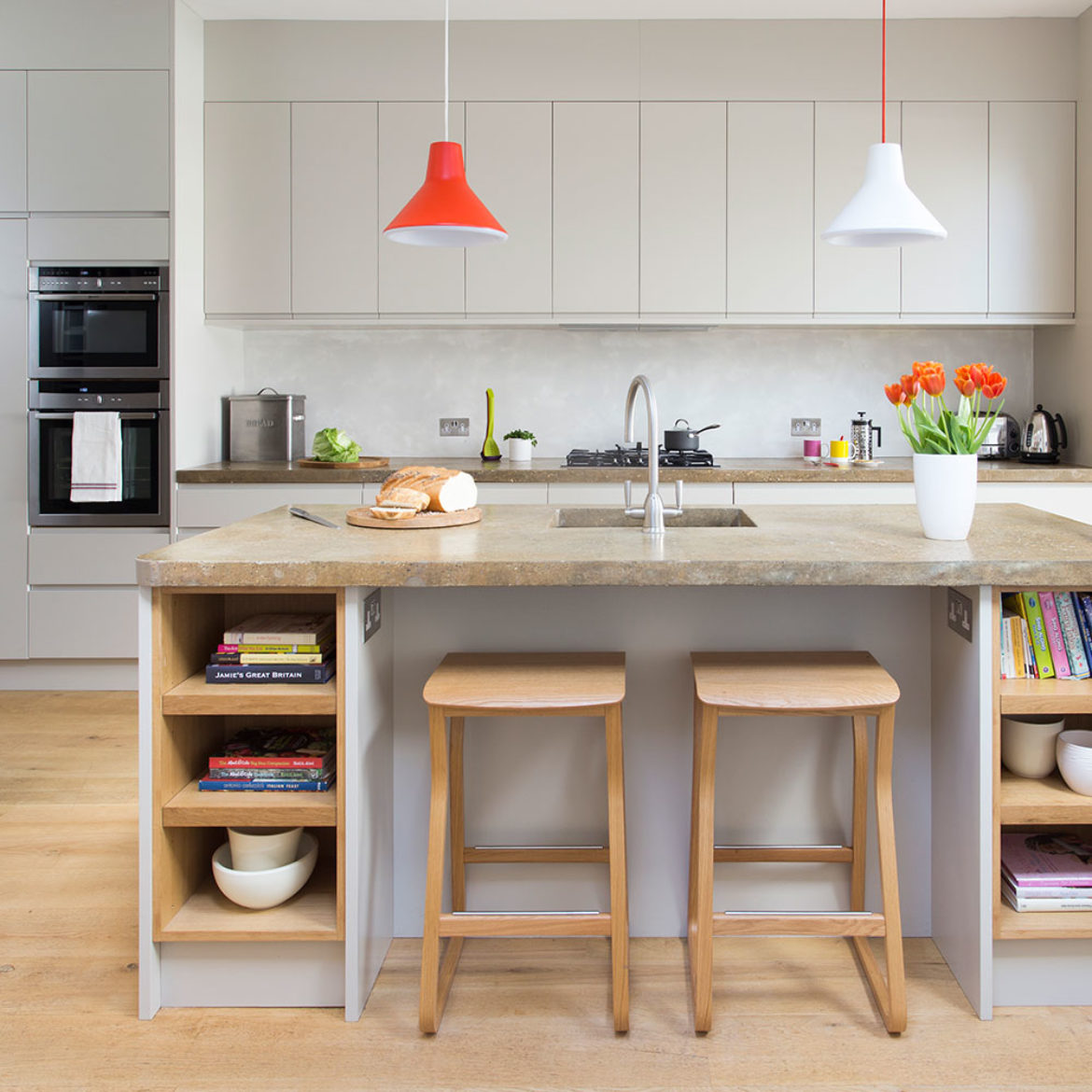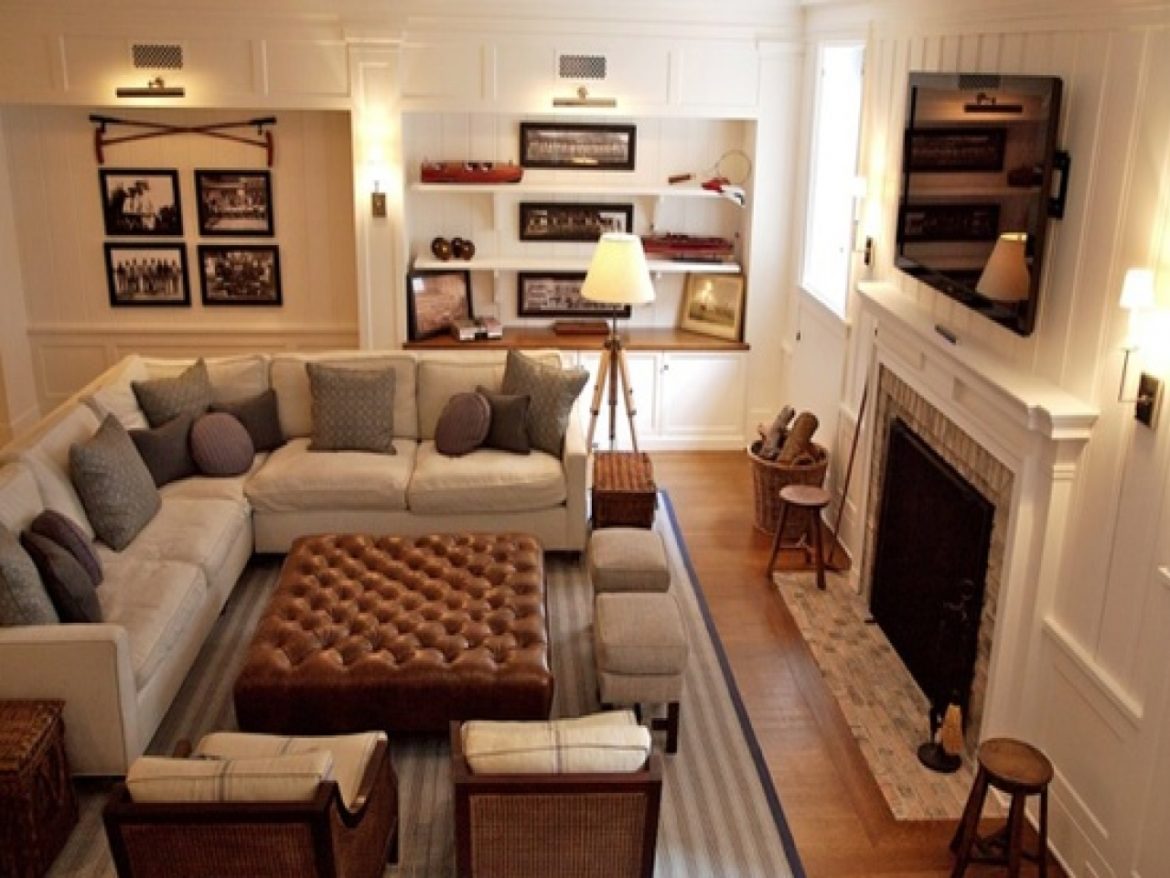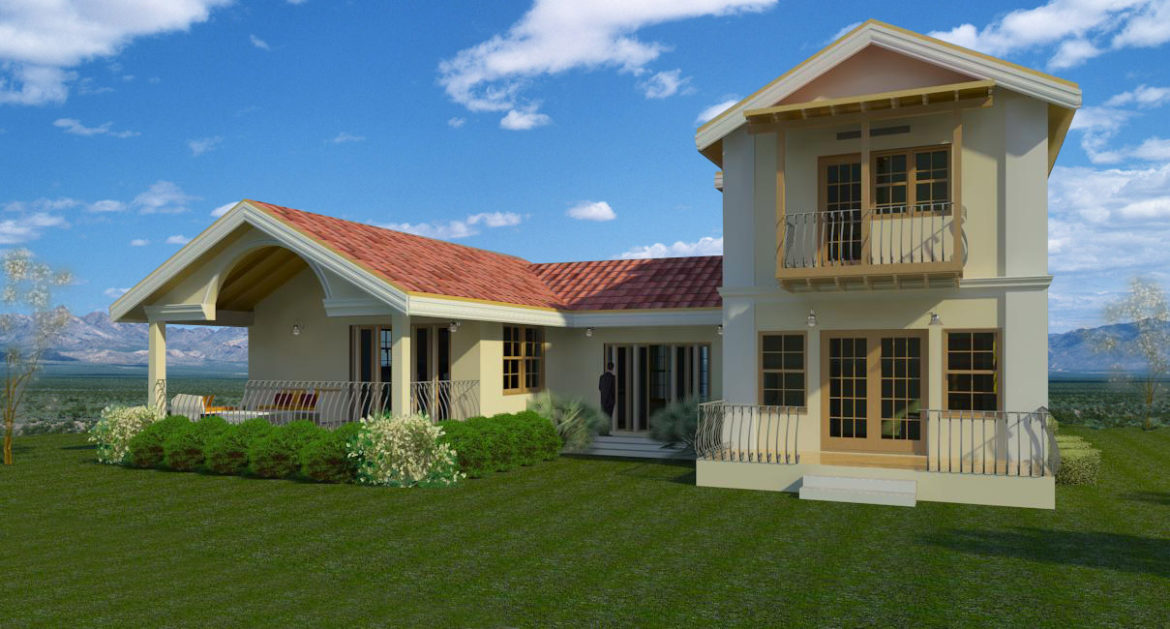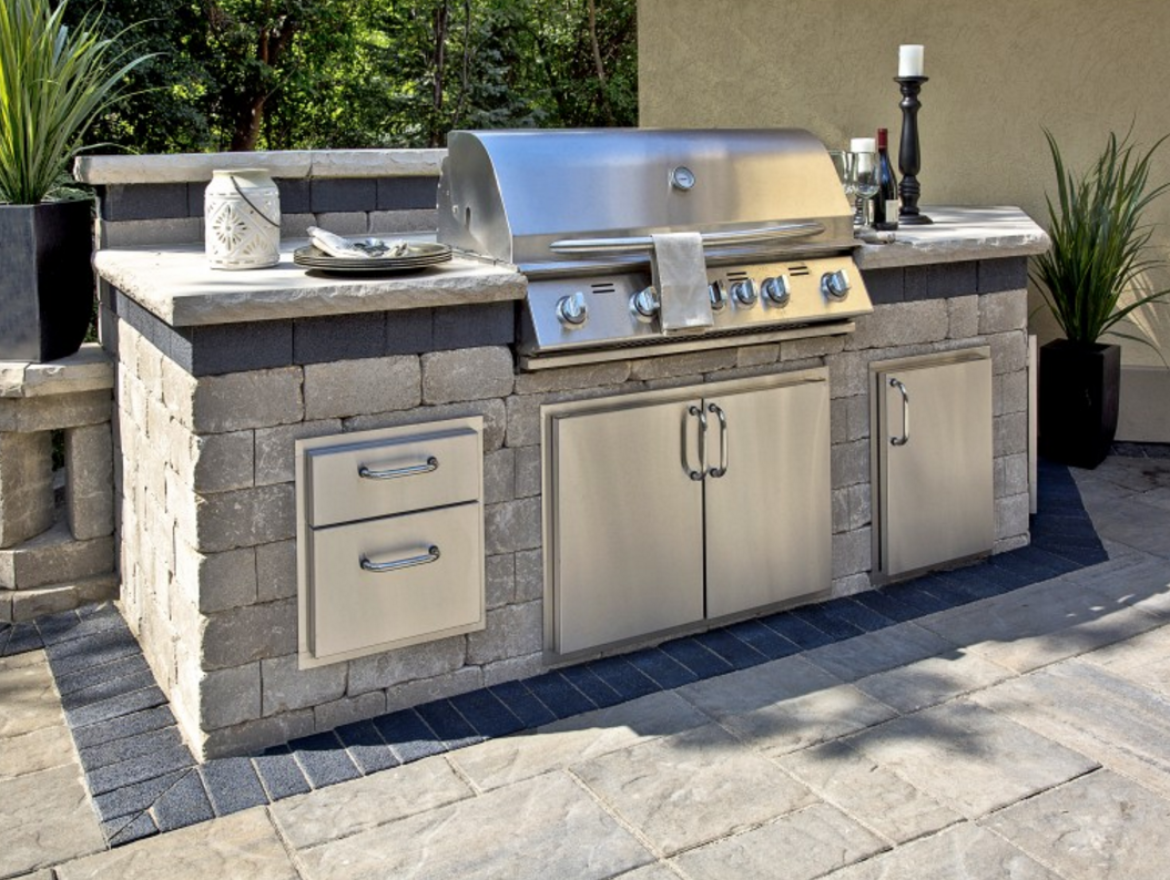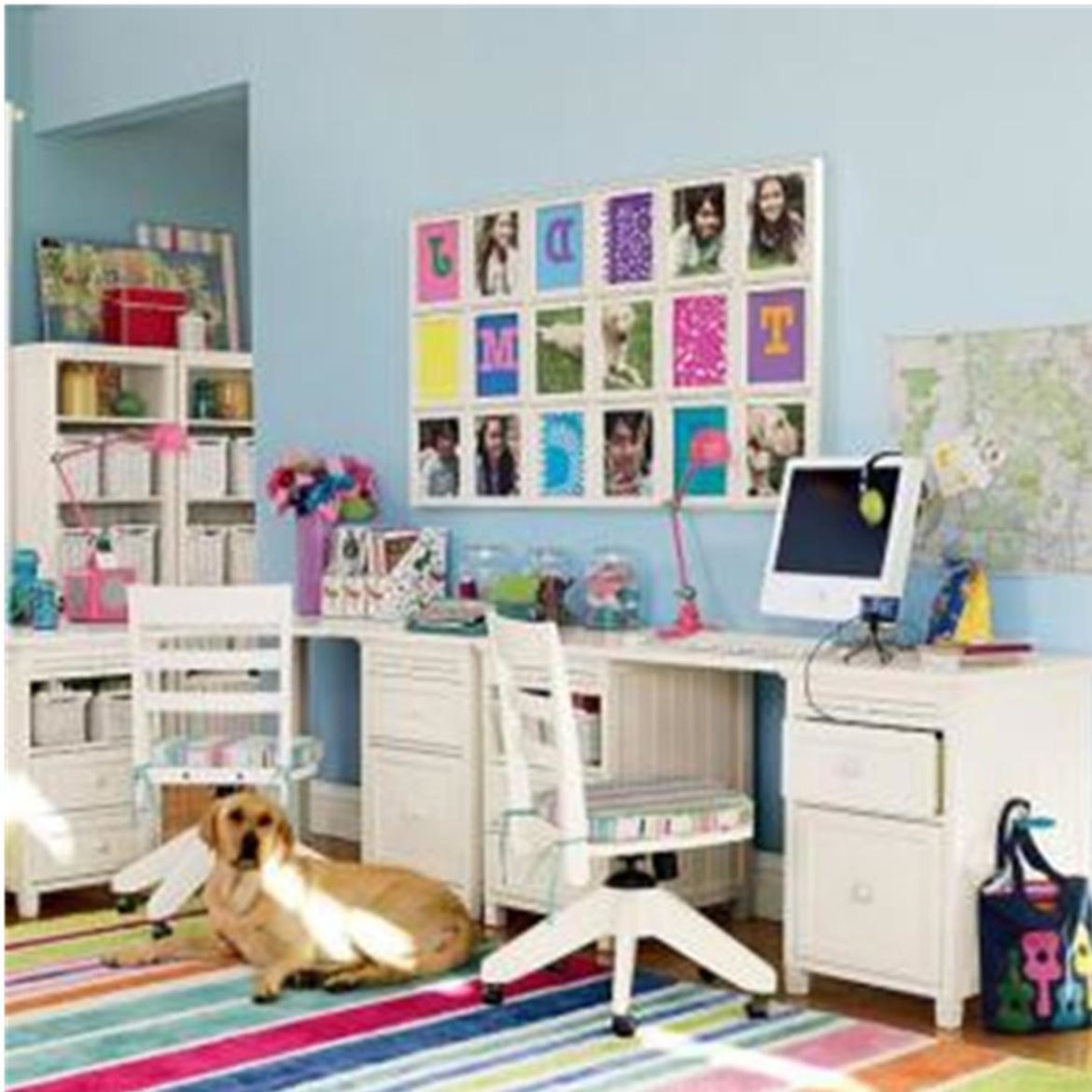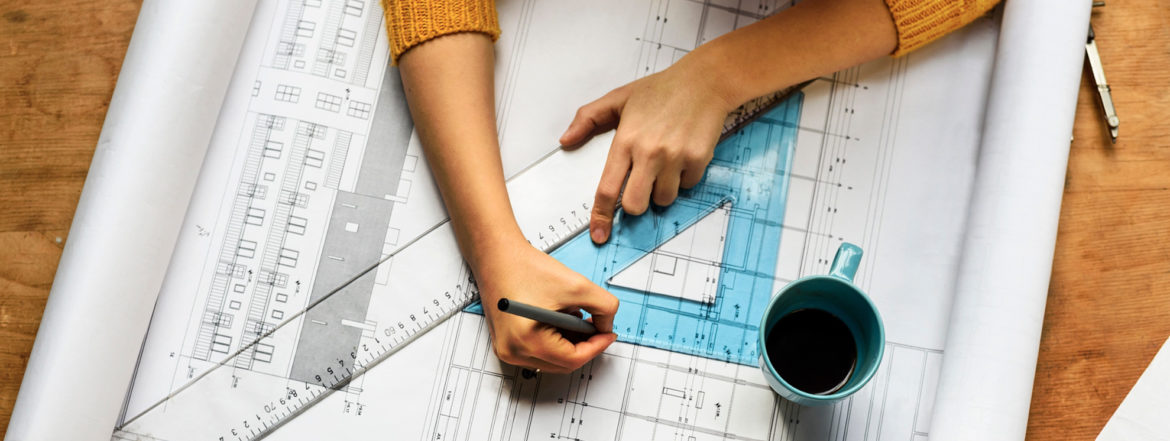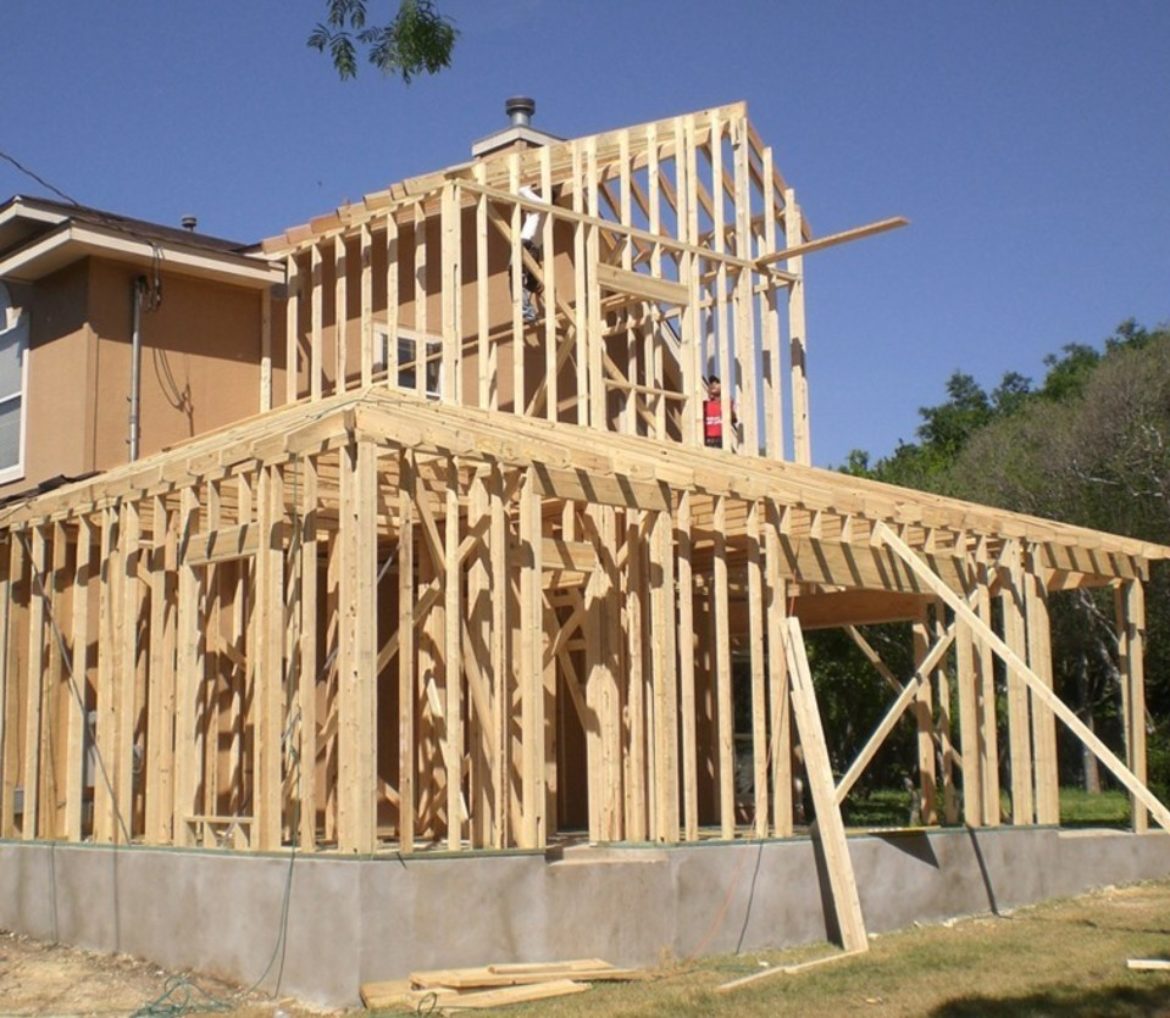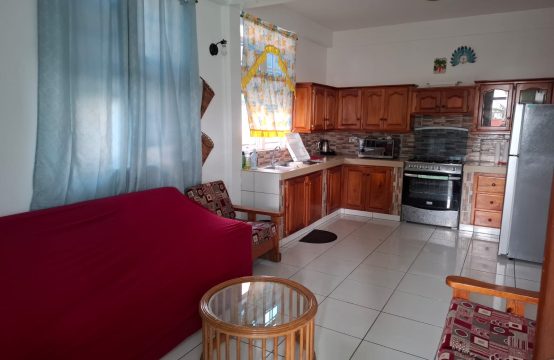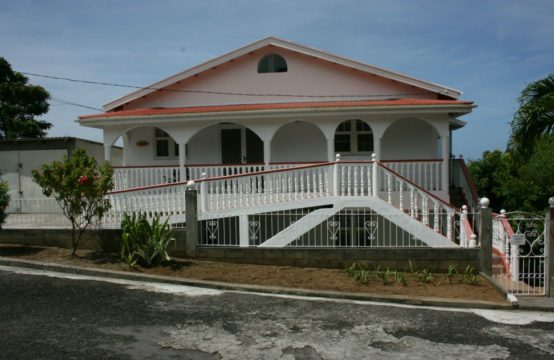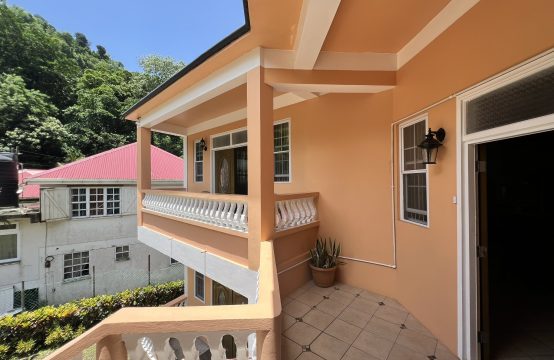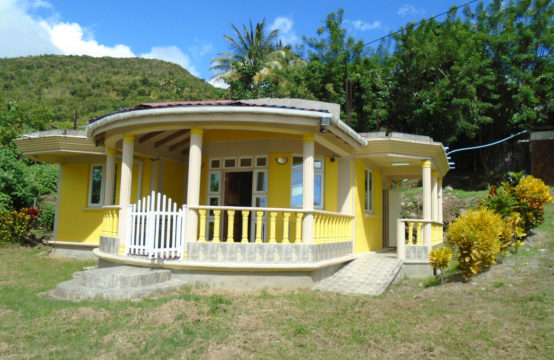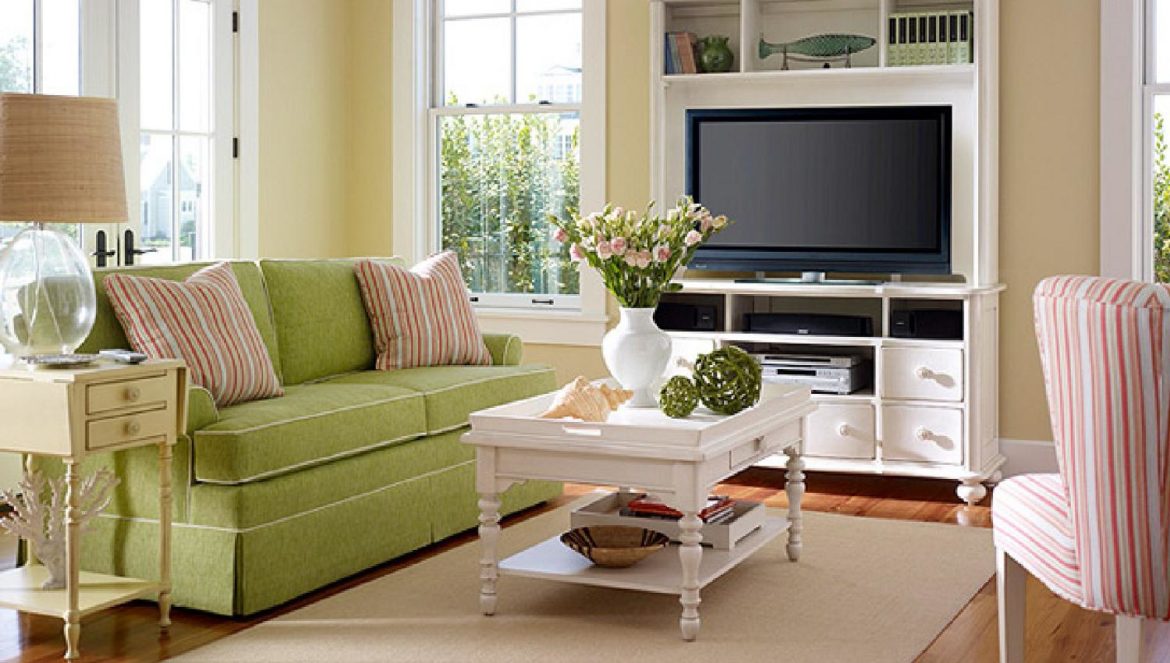
Many are not sure or do not know which it is. “Living room” and “drawing room” are two terms in the world of the home interiors that are often used synonymously. Most of the people tend to assume that living room and drawing room are two words with same meaning and can be used to address any common place used for gathering and socializing. However, this is not so. In true terms, living room and drawing room are two unique terms used to address different types of seating area.
A living room is relatively a new term in the home industry. This room is commonly addressed as the sitting room or lounge and is generally used by the house owner and his family members for relaxation, entertainment and recreation. The living room is a versatile room and is also used for other activities such as watching television, reading books, gossiping with family members, spending time with children, drinking, eating and many more casual activities.
On the other hand, a drawing room is an eighteenth century term that was earlier used by the British people. The room is mainly used for the entertainment of the visitors. This is the place where guests are made to sit down for a short period. The room is also used for seating the guests after they are through with the dinner. Therefore, conclusively it can be said that the main function of the living room is to provide the family members with a common place where members can flock together and have a fun and engaging time, whereas the function of a drawing room is to provide a room where guests can be entertained.
The drawing room is generally located near the entry door or the front door so that the guests are led directly into it. On the other hand, the living room is generally located in the inside portions of the house, mostly near the kitchen so that members can get snacks and drinks while they indulge in casual activities.
A typical living room is generally furnished with comfortable chairs, sofas, recliners, tables, lamps, fireplace, bookshelves, rugs, media devices such as television, music player, and home theatre and other decorative items such as piano, art work, etc. On the other hand, drawing room is mainly furnished with formal seating furniture such as chairs and sofas. The decoration is kept minimal and items having a functional use are introduced.


